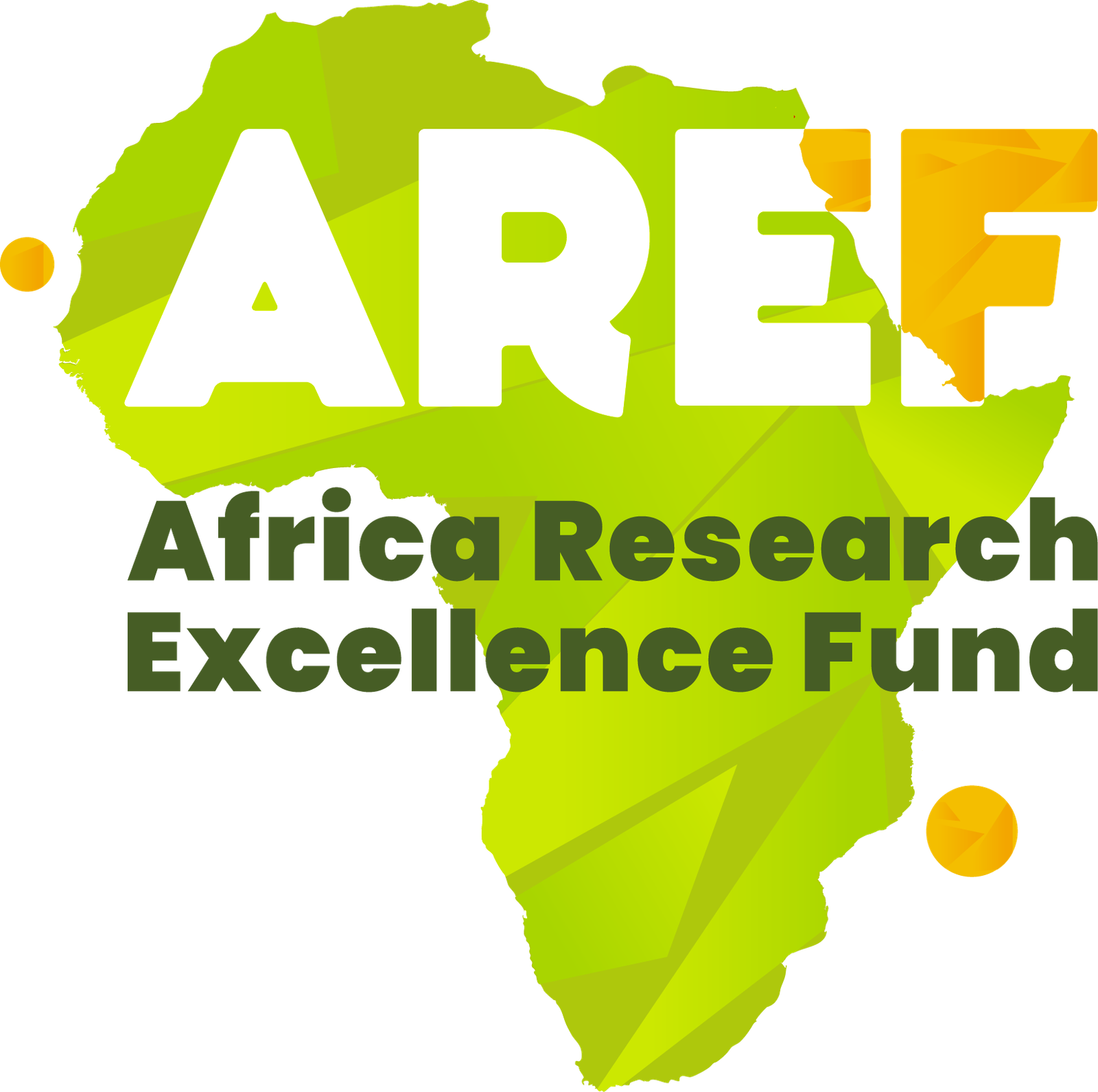Applications for our 2023/24 cohort of Research Development Fellowship for early-career African health scientists and researchers will open in June 2023. To help potential applicants prepare, we have collated some feedback and concerns from our College of Experts from the last round.
We hope the advice will be helpful, but first here are top five general tips from our Awards team:
- Read our application guidance (several times) and follow ALL instructions
- Check eligibility criteria
- Start your application as soon as possible
- Discuss your application with sponsors and mentors at an early stage to get feedback on your ideas
- Proofread youR application
AREF Research Development fellows should be in their early-career research stages working in Africa. You will need to demonstrate leadership, research and relevant publication skills. You will also need to explain how this fellowship is important for your career and how it will help you become an independent researcher.
Advice from our College of Experts on how to make your applications better:
When describing your research career vision:
- Your research career to date and narrative on research experience should indicate a coherent research career vision or you should explain any changes in research direction
- Think about your long term career goals, and align these interests with the objectives of the fellowship. Demonstrate how, with compelling evidence, fellowship activities will fit into your longer-term career/research vision
- The plan should have a balance of technical (training, research activities) and professional development opportunities, that develop your technical and professional skills.
Showing your commitment to African health challenges:
- Your application should demonstrate that you are committed to knowledge and research development in Africa
- Explain how you will implement technical skills when you return to your home institution and, be clear on the facilities that are available at your home institution.
Choosing the host institution and mentor:
- Make a detailed and clear case for your choice of host institution. They must be a centre of excellence in your research area
- Provide a detailed support letter from your host institution which demonstrates they understand your research goals and include specifics about how they will support you during your placement
- Emphasize how the fellowship will help you develop new or enhance existing networks.
- Avoid ‘more of the same’
When explaining your suitability for the fellowship:
- Provide evidence of your research experience and leadership skills:
- You should have sufficient research experience to fully benefit from the fellowship, i.e. be able to demonstrate you are developing your own ideas.
- Share all the relevant awards and fellowships you have received, including conference and workshop presentations. Be clear that these are funds that you have been awarded.
- Demonstrate interest in professional development by including examples of courses, publication records and other research activities you completed
- Provide enough evidence of a clear career development plan, by showing how the fellowship will help you achieve your visions
- Make a clear case about why the fellowship is required to facilitate your transition to independence research.
Applications for the 2023/24 Research Development Fellowships will open in June 2023. Find out more about our fellows and what you need to prepare your application.


